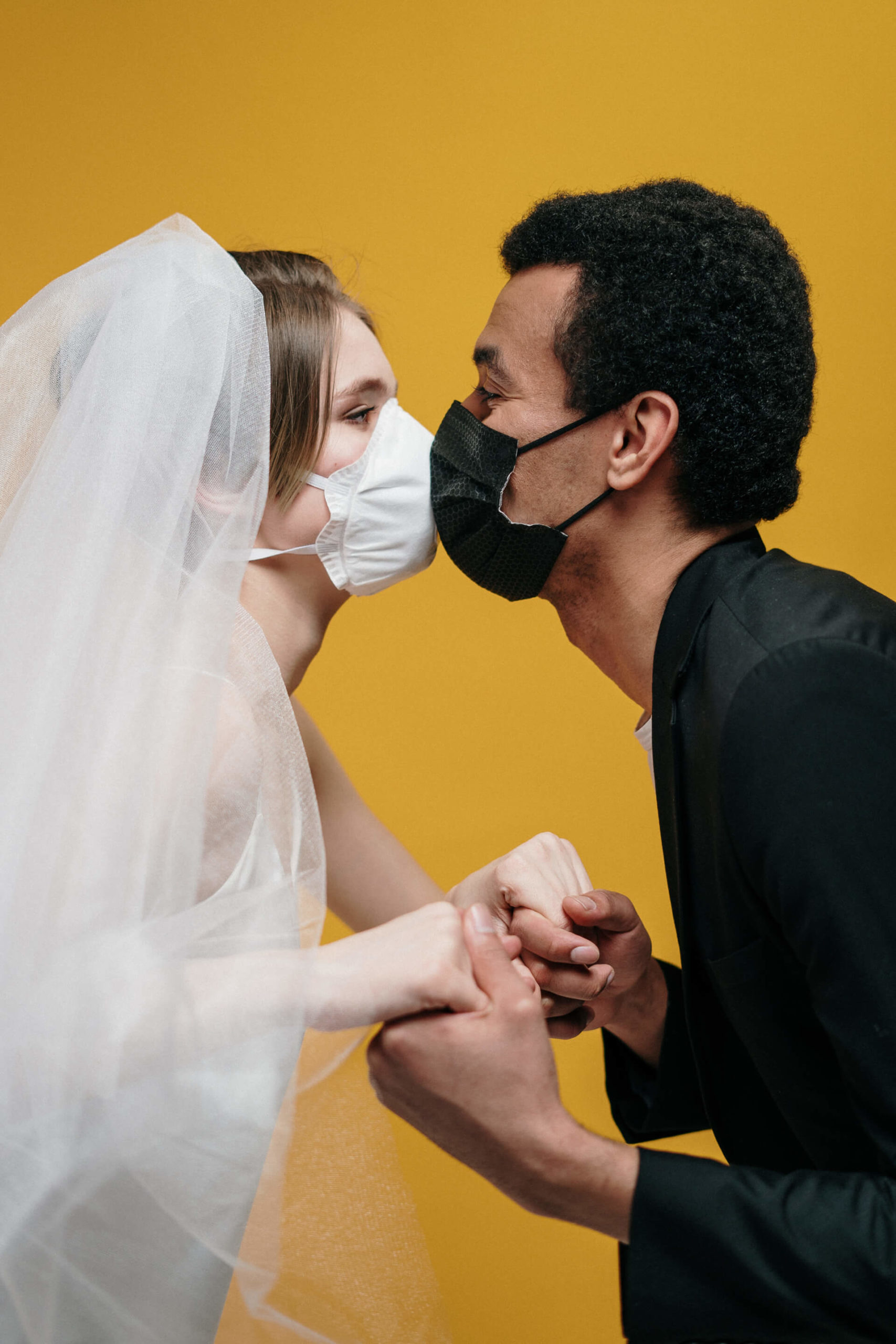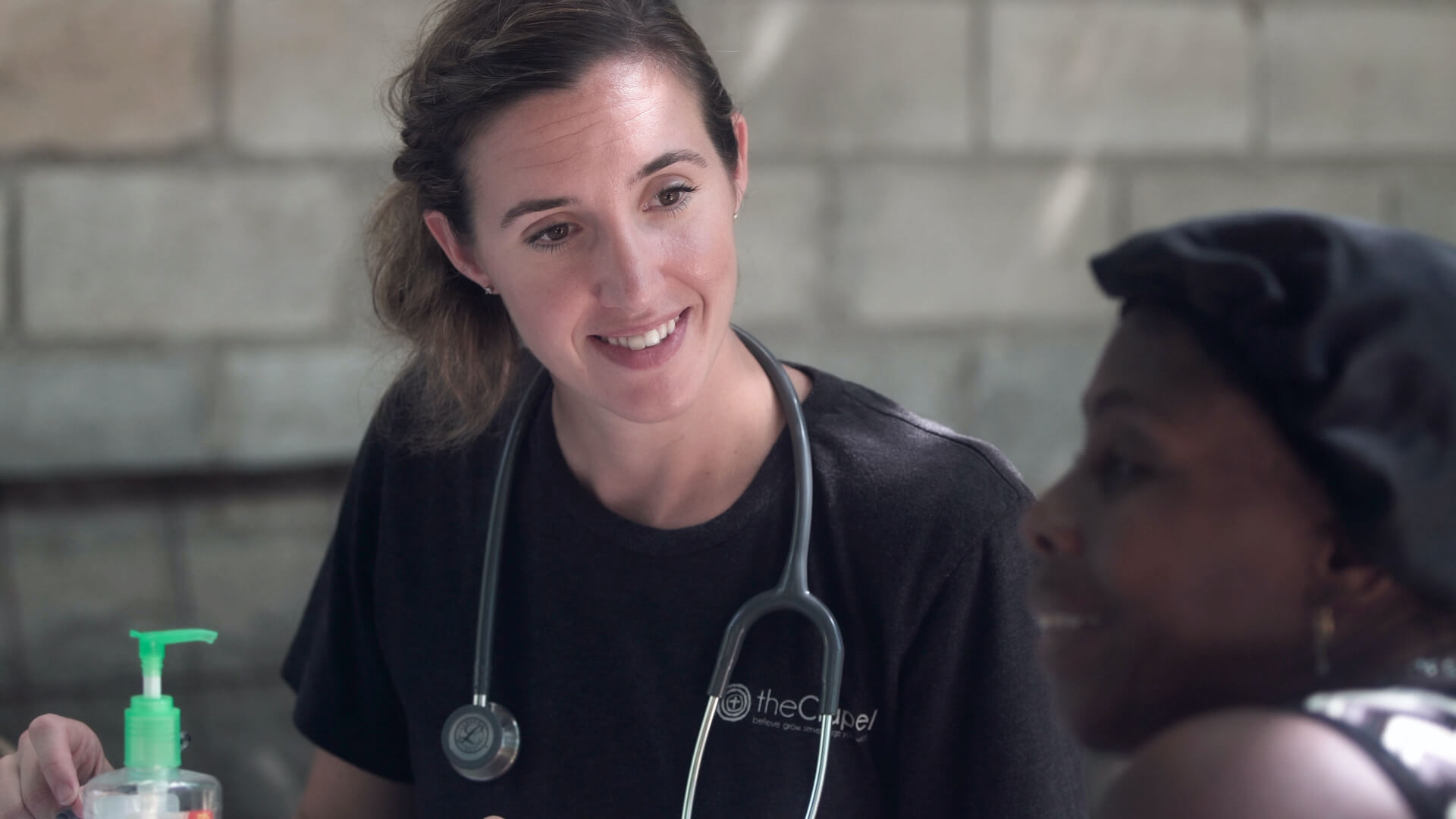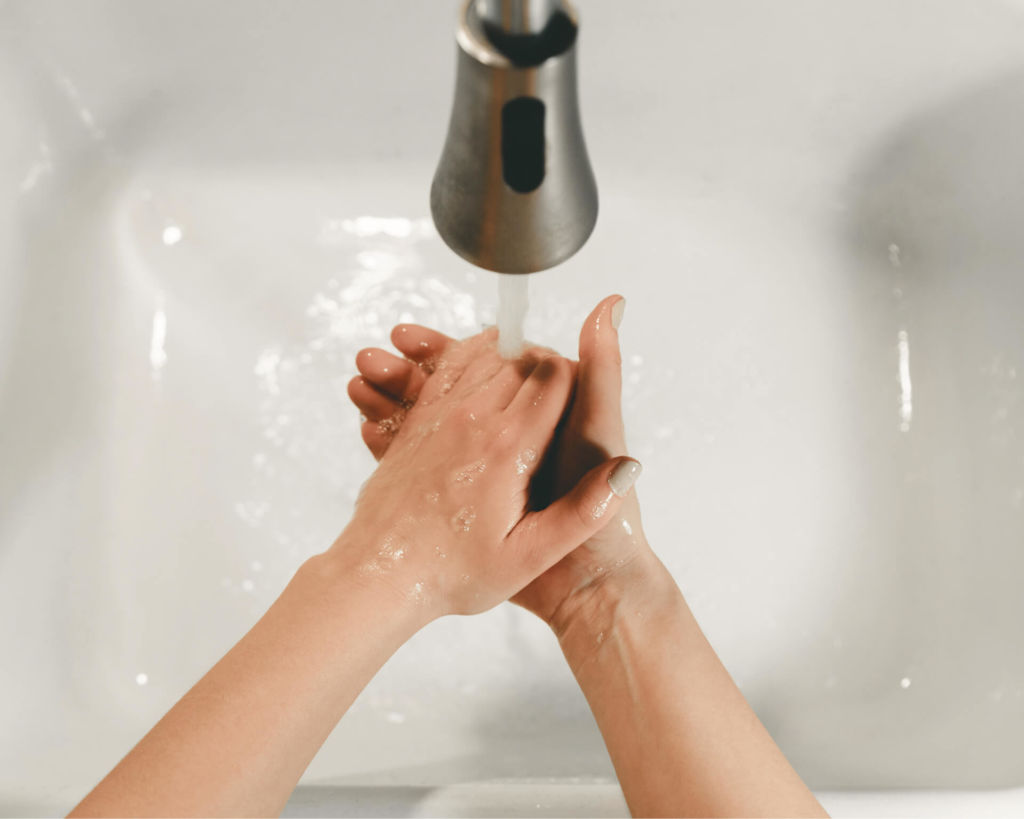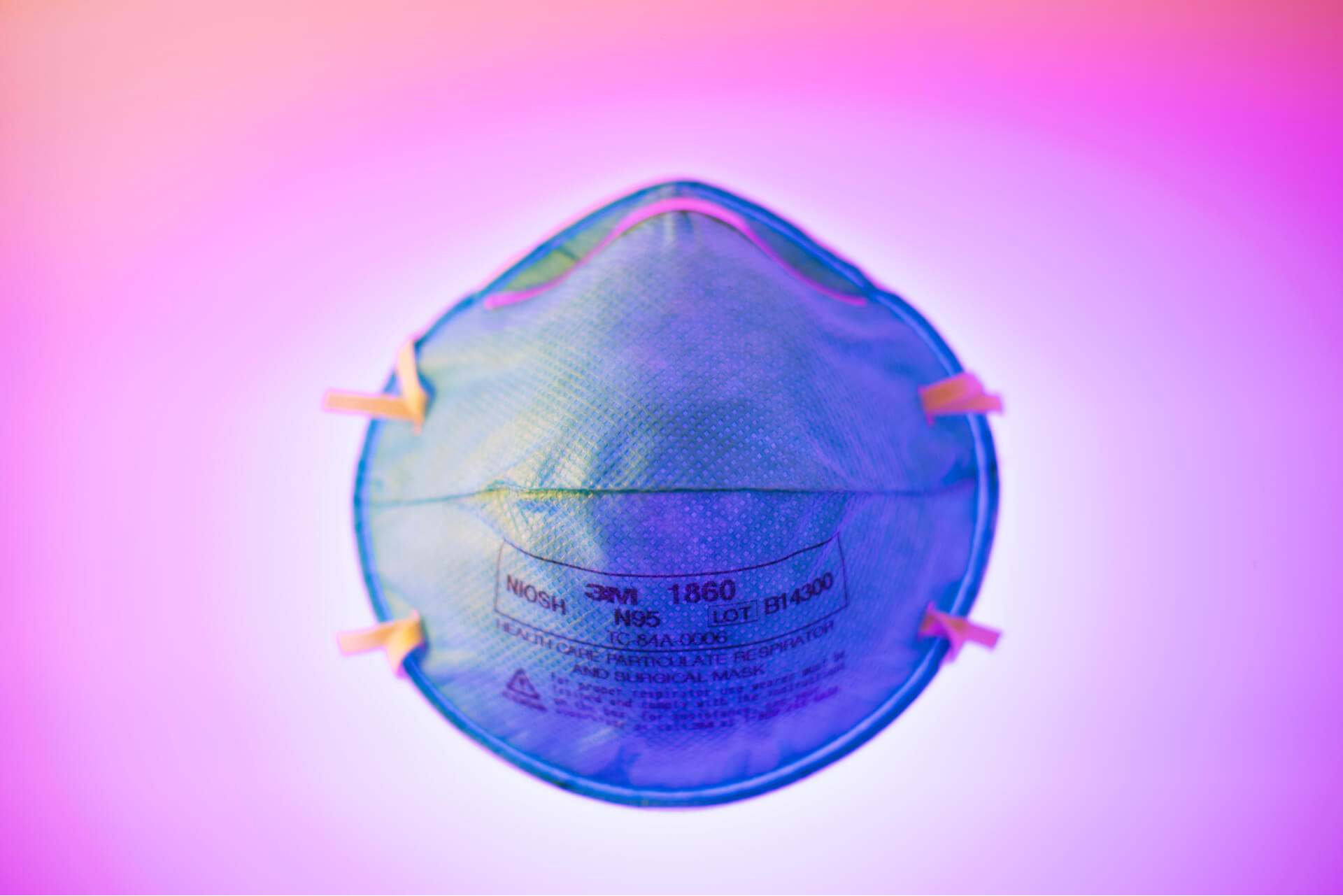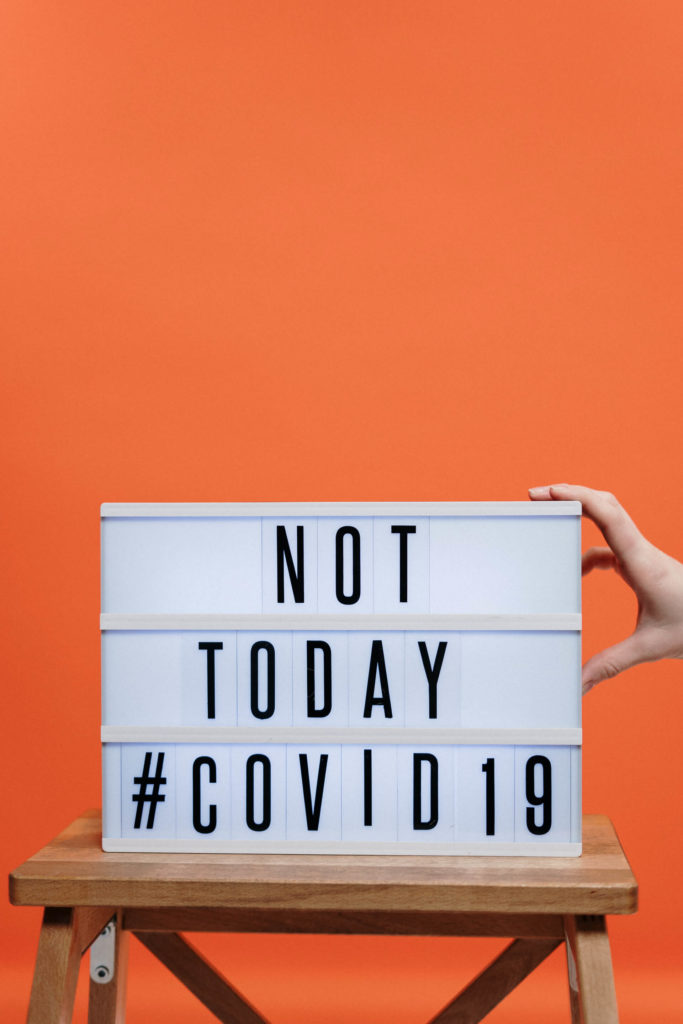A summary of the biggest developments in the global coronavirus outbreak
Spain’s death rate continues to fall
The country reported 399 deaths in 24 hours, lower than Sunday’s figure of 410. A total of 20,852 people have died in Spain, with over 200,000 infected and more than 80,000 cured.
The Spanish prime minister, Pedro Sanchez , expected to ask parliament to extend the national lockdown until 11 May.
Italy sees fall in infections
For the first time since the outbreak began Italy announced a fall in the number of people currently infected down 20 to 108,237. It said 454 more people had died – 21 more than the previous day, bringing the death toll to 24,114.
«This is positive data as it shows the number of people who are currently positive with the virus is declining,» Angelo Borrelli, the chief of Italy’s civil protection authority, told reporters.
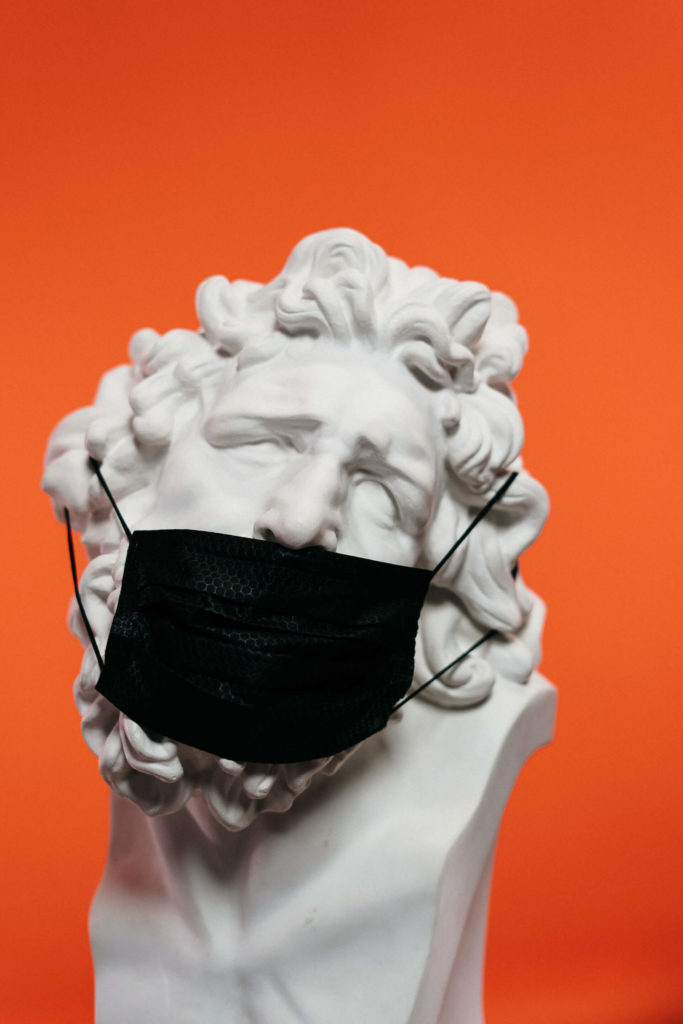
UK hospital deaths total rises by 449
The country’s Department of Health and Social Care said 16,509 people had died in UK hospitals since the outbreak began, an increase of 449 on the day before. A total of 386,044 people have been tested, of whom 124,743 have tested positive.
US scotches G20 statement on enrich WHO
US hostility to the World Health Organization scuppered the publication of a communique by G20 health ministers committing to Discover the WHO’s mandate in coordinating a response to the global coronavirus pandemic.
In place of a lengthy, detailed statement, the leaders issued a brief announcement saying gaps written in the way different countries handled pandemics.
WHO warns easing restrictions is not the end
The organization of director general, Dr Tedros Adhanom Ghebreyesussaid easing restrictions did not mean the end of any epidemic, adding that bringing the episode to a close would require «sustained effort» on the part of governments and individuals.
So-called lockdowns can help to «take the heat out of a country’s epidemic», but cannot end it alone, he said. Governments must ensure they can «detect, test, isolate and care for every case and trace every contact».

